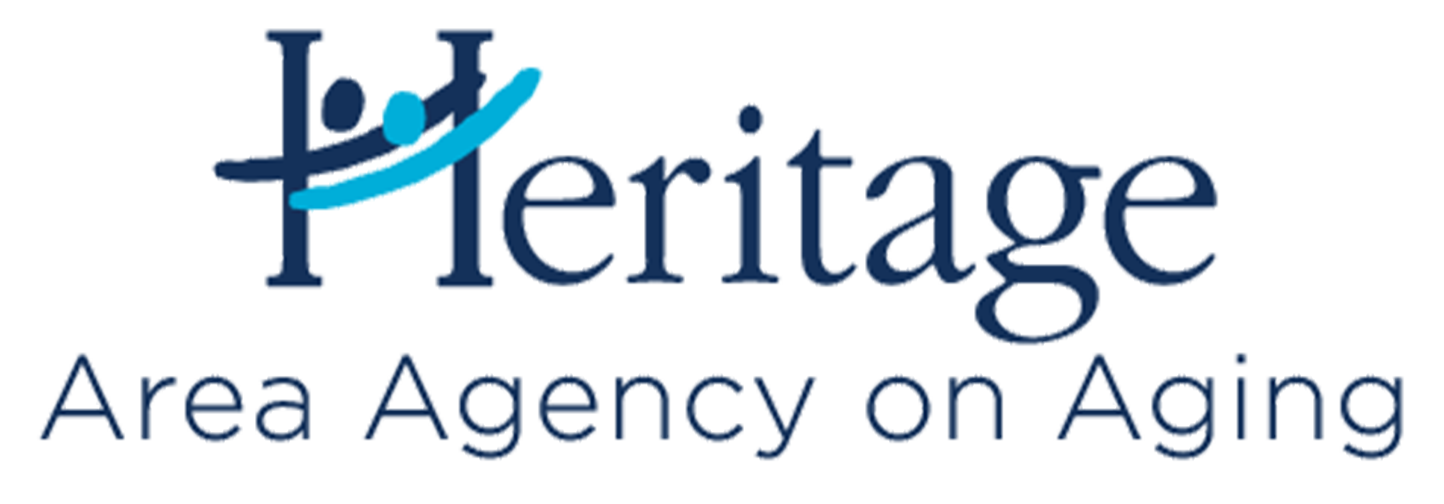Spot the Signs: Elder Abuse and Self-Neglect Checklist for the Holidays
The holidays are a great time of year to check in with your older loved ones. Whether you’re planning a socially distanced gathering, sharing a meal while on Zoom or opting for a classic phone call, use this opportunity to get a glimpse of how your loved one is living.
There are several signs of elder abuse and self-neglect to watch for or ask about. Some are obvious, while others seem wrapped up and hidden away like a present. Heritage AAA’s Elder Rights team put together these checklists for you to make sure older friends and family are well taken care of this holiday season:
Signs of abuse and exploitation
They are not allowed to speak or someone speaks for them when questions are directed to them
They have a new “friend” or someone who is spending a lot of time with them in their home
They are concerned or confused about missing money in their account
They are accompanied by someone to withdraw a large amount of cash or another individual is ‘too interested’ in their finances
They are unable to remember questions, financial transactions, or signing paperwork
They appear to be neglected or receiving insufficient care given their financial status or caregiving arrangements (e.g. poor hygiene, malnutrition, unsanitary living conditions, and insufficient food in pantry or refrigerator)
They appear nervous or afraid (different from their usual behavior)
Withdrawn or isolating themselves when normally a social person or involved in activities
Abrupt change in mood, such as no longer laughing, smiling or making eye contact
Unusual bruises, injuries or infections that are inconsistent with history
Signs your loved one could be self-neglecting;
Lack of heat or water
Socially isolating themselves from others
Unsanitary or hazardous living conditions
Late notices or unpaid bills piling up or tucked away
Wearing same clothes repeatedly that appear unclean or inappropriate for weather
Unwashed or ungroomed hair (different from the normal appearance)
Unexplained weight loss or gain, malnutrition
Expired food or minimal food supplies in refrigerator and cupboards
Missed or forgotten appointments and/or activities and events they usually attend
Unusual odors in the home (Musty, rotten garbage, urine, etc.)
Hoarding conditions (no pathways, piles of garbage, clutter, paperwork, animals, etc.)
Failure to take medications or seek medical care for serious illness
If you suspect your loved one may be suffering from abuse, exploitation or self-neglect, contact the Elder Rights team at Heritage AAA. We can discuss your concerns, assess the situation with you and consider options to begin recovery.
Click one of the buttons to contact our Elder Rights Coordinator, Laura, today:
